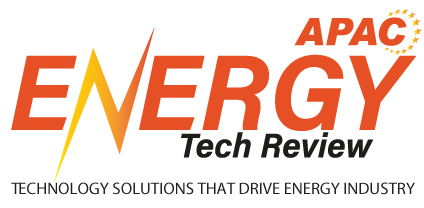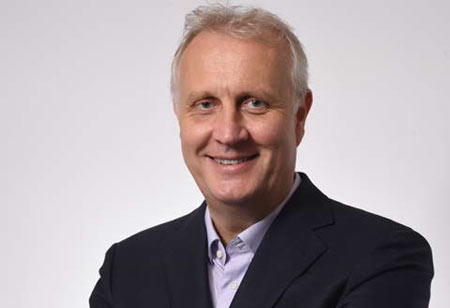1. What are some major challenges and trends impacting the Manufacturing Industry lately?
Many challenges are impacting the industry, and in recent times I have never seen so many simultaneous events and pressures converging at any one time. Particularly in the capital project arena, there are still shortages and delays. Although most industries have returned to full-scale production, perturbations still work through the supply chains, causing extended delivery times and missed deadlines.
Next, I see environmental issues and the push to net-zero accelerating tremendously. The global energy crisis drove all companies to accelerate the move to renewables and more sustainable energy sources. We have many projects in that area now and have already achieved net zero at some of our plants.
Another challenge I see is the increasing difficulty in acquiring engineering resources. Skilled and competent engineers are difficult to come by and will start to affect how businesses adapt and expand. It’s bad news for employers but good news for engineers as it is a sellers’ market.
Finally, technology and digitalisation provide huge opportunities for the manufacturing industry, as the amount of available data is growing exponentially, and companies are collecting increasing volumes of data to inform their decisions. The issue will be how the data is used effectively to drive improvements. Without skilled engineers and technicians to use and interpret the data, many companies’ digitalisation forays will end up as expensive white elephants that promise a lot but do not deliver.
2. What keeps you up at night regarding some of the major predicaments in the Manufacturing Industry?
I believe the major stress points occur due to the increasing difficulty focusing on the right issues. There are so many initiatives that can be pursued to drive improvements. So many external challenges are created in this Volatile, Uncertain, Complex, and Ambiguous (VUCA) environment that it can be difficult to work out where to direct one’s efforts. At Henkel Adhesive Technologies, we have been using the Hoshin KanriX-Matrix to gain alignment on the long-term and nearterm objectives and to allocate resources effectively to those efforts. This is a great tool to gain focus and eliminate external noise.
3. Can you tell us about the latest project you have been working on and what technological and process elements you leveraged to make the project successful?
At Henkel, we accelerate impactful innovations and continuously invest in our brands, innovation, and production sites. Henkel Adhesive Technologies is focused on building new facilities with the latest technologies in the Asia-Pacific region. We will incorporate all the learnings from the manufacturing and engineering teams over the last decade. A lot of effort has been put into sustainability and leveraging new technology. New manufacturing sites will aim to be certified with Leadership in Energy and Environmental Design (LEED) Gold. They will have net zero built-in, using many technologies such as the now obligatory solar panels and other innovations like a ground source heat pump system for plant climate control. These technologies will run complex algorithms to ensure that the unit uses the optimal heat source depending on environmental conditions and is anticipated to be 25 percent more efficient than a standard air-air solution.
“I see environmental issues and the push to net-zero accelerating tremendously”
Beyond our investment in technology to keep projects on track while driving performance and resource efficiency, future sites will also be equipped with a Building Management System (BMS) to similarly optimise energy consumption in the plant and ensure that the utilities’ environmental impact is minimised. Passive measures such as top-quality insulation and windows and architectural design will also be used throughout to minimise the requirements needed to heat or cool sites.
4. What are some of the technological trends which excite you for the future of the Manufacturing Industry?
Three trends are the most interesting for me as someone who started as a control and instrumentation specialist. Artificial Intelligence (AI) tools present a great opportunity to automate some of the support processes for manufacturing, including planning and scheduling. Over the years, plenty of work has been done to automate direct manufacturing, but less has been done with these indirect manufacturing processes.
Next, I believe that sustainability requirements will increase regarding manufactured products. I can imagine that manufacturers need to be involved in the return supply chain so that the products they have produced can be recycled effectively. For example, if we look at vehicle manufacturing, I think in the future when the vehicle has reached its end of life, it will be returned to the supplier for reprocessing and disassembly. This will start in some products before gradually expanding across the supply chain. Companies that produce products with this return cycle in mind will be increasingly valuable.
Finally, the digitalisation process is paramount for the manufacturing industry. The process must continue with more data becoming increasingly available, so products can be highly perfected and optimised to better fit consumer needs. This refinement will likely increase the product lifecycle for manufactured products, providing feedback into the demand cycle and reducing the number of times that products need to be repaired or replaced.












